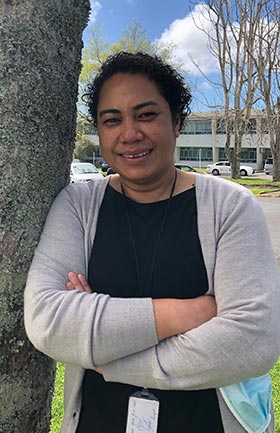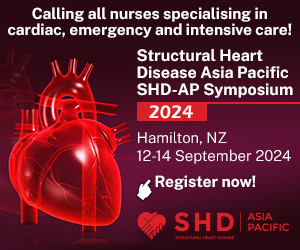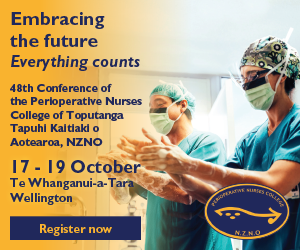
Siupolu Tavui had been working as a nurse co-ordinator at a Counties Manukau Health orthopaedic ward when she was called onto the Auckland Regional Public Health Service (ARPHS) team in June. Having identified Auckland’s Pacific communities as potentially vulnerable to any COVID-19 surge, ARPHS was rapidly trying to build a Pacific response team – seconding as many Pacific and health staff from Auckland’s district health boards and primary health organisations as possible.
With a long-time interest in public health, Tavui was drawn to the year-long contract for an operations manager at ARPHS’s COVID-19 response. “When you have an opportunity like that, you have the chance – you have nothing to lose,” she said. But, after years in hospitals, “it was like coming to a foreign country”.
Nonetheless, Tavui loved it. “The best description I’ve heard is that in hospitals you see the individual and in public health you attend to the population.”
The team was still building its Pacific capacity, when an Auckland family tested positive on August 11, signalling the presence of COVID-19 within the community.
Being a Pacific nurse made a huge difference to the success of the response. “If you are Pacific, then you understand that several families live under one roof, and the spirituality of the family and importance of being together,” Tavui said. “Some of us live it, so who better to understand it and ask those questions than the Pacific team?”
Households might include several couples and relatives, and Pacific nurses were better able to find out how many people lived there and how to isolate them.
“Even better” are those nurses who can speak the same language. “They can say ‘talofa’ or whatever language, and that can be enough to relax people.”
Having that connection helped with planning and communicating. “It’s all to do with planning what is going to happen. Just being told they are [COVID-19] positive is a lot of personal burden, also on the families and the community. The conversations can be challenging, so it’s really important to make that connection,” Tavui said.
“How do you explain to a family with eight children that they may be best in separate hostel rooms at a quarantine facility for two weeks, rather than altogether at home?”
But the cultural connection “doesn’t take away the frustration and worry” of families, who continue to feel there is a stigma to contracting the virus – despite director-general of health Ashley Bloomfield’s message that the virus is the problem, not people, she said.
Mostly, however, people were grateful and appreciative of the chance to talk everything through.
With the crisis response settling down, Pacific nurses are returning to their former roles and just six remain. But the ARPHS team is following through with fixed-term recruitment of more Pacific nurses for its “base” team to manage COVID-19 and other communicable diseases that might impact heavily on Pacific communities in the future – as measles did last year. “It’s all COVID right now, but this will help our public health in general, particularly in vulnerable Pacific communities,” Tavui said.
For the Pacific response team, “the complexities of what they’re dealing with can be overwhelming, especially for the younger nurses”. So they have a talanoa – chat – every week.
“We can catch up and share our stories, that’s the importance of it.” Their shared “weird” Pacific sense of humour also helped, she added.
“I’m very passionate about making a difference and the place to make a difference is here in public health, because if we do this really well, it might reflect in the hospital admissions.”



